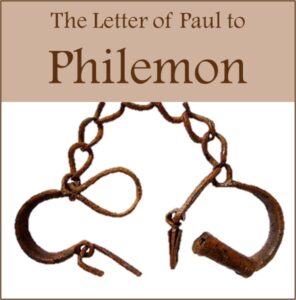A week after last November’s election, a friend in the Philadelphia area and I decided we would do something about it. We set out on what became a nearly eleven-month journey through the Federalist, or as they are more commonly known, The Federalist Papers. In case you have forgotten, the Federalist Papers are a series of 85 essays supporting the ratification of the U.S. Constitution. Written by Alexander Hamilton, James Madison, and John Jay, the Federalist Papers appeared as columns in various New York City newspapers in 1787 and 1788. They were meant to be read by ordinary citizens who might help persuade the state legislators to ratify the new constitution as it had been drafted in Philadelphia during the hot summer of 1787.
With breaks for vacations and family responsibilities, my friend and I met via Zoom once a week for an hour or so. And, yes, our conversations included topics others than those related to the Constitution.
As it turned out, our reading project was well timed, reminding us in real time of the Constitution’s provisions for contested elections, the work of the Electoral College, the rules for the impeachment of a President, the Congress’ responsibility to create and pass a federal budget, the limits of executive power, civilian control of the military, and other topics touched on in the past ten months.
Notably present in the Federalist is a remarkable assumption that its citizen readers were able to appreciate arguments about the form of the new American government based on the history of parliaments in Poland, the Roman senate, and the Venetian republic.
Notably absent from the Federalist is the shame due the new Constitution’s most onerous feature, its embrace, even if sometimes reluctant, of human slavery, a flaw not corrected until the end of a bloody civil war and the ratification of the Thirteenth Amendment to the Constitution nearly eighty years later.
In reading the papers, I was struck by the realism about human nature especially in Hamilton’s writing. Hamilton is well ware of the tendency to greed and self-serving, the possible tyranny of the majority, and petty regional loyalties threatening the national good. But he also sees the checks and balances of the new government as a way to call forth the generous and noble instincts of the American people.
Alexander Hamilton, James Madison, and John Jay could not have imagined Twenty-First Century America nor the ways their Constitution has been well used and occasionally abused in its long life. The Constitution written during the hot Philadelphia summer of 1787 and enacted when New Hampshire became the ninth state to ratify in on June 21, 1789, has been proven through wars and struggles for justice, economic hardship and threats by would-be tyrants.
Ours is a good Constitution and may it continue to serve us for many more years.
I am thankful for the time my friend and I spent reading and discussing the Federalist Paper for more than its value as a good civics lesson.
Friendships are nurtured by time spent in common cause and candid conversation. My appreciation of the Federalist Papers is now marked not only by their clear explanation of the design of the U.S. Constitution, but also by how reading them with a friend made that friendship all the better.
We’ve finished reading and discussing the 85 Federalist Papers. Next up? We’re thinking of reading the eighteen essays that compose the New York Times’ controversial 1619 Project. I want to read and digest the material with open eyes and an open mind. Who knows what we might learn? But we already know our friendship will be all the better for having taken this next journey.
____________________
SAINT ANDREW EPC
Auburn Friends,
Our six-week study of Paul’s Letter to Philemon begins this coming Sunday. October 3, 9:00 a.m. Please join us!


